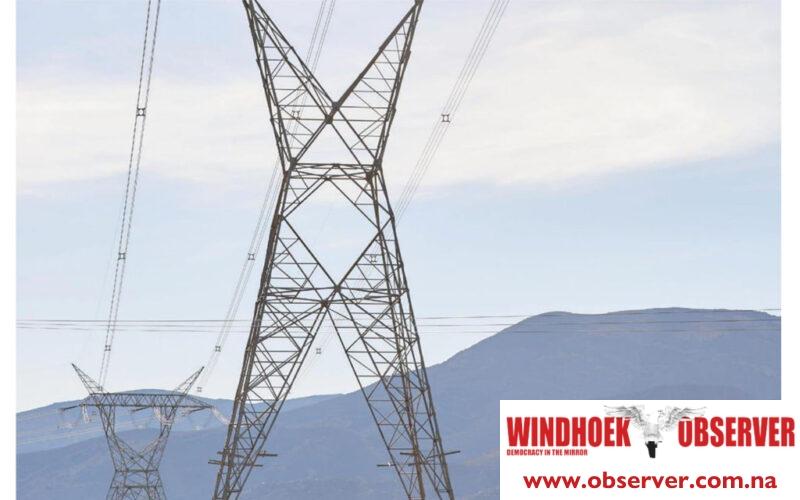Hertta-Maria Amutenja
The Namibia Local Business Association (NALOBA) has raised concerns regarding electricity tariff increases, which it says are detrimental to businesses and households alike.
NALOBA vice president Peter Amadhila, in an interview with the Windhoek Observer last week, said that electricity has become unaffordable in Namibia, affecting every economic activity for strategic growth.
“Electricity is no longer affordable in Namibia, both for domestic and international businesses, and it is a key component of every economic activity for strategic growth. The main cause has been attributed to the failure to implement previously initiated capital projects such as the development of Epupa Hydropower and Kudu Gas Projects,” said Amadhila.
He also cited Zambia’s recent reduction in power imports and Eskom’s pressure to terminate Namibia’s power purchase agreements as contributing factors.
“I predict that we are facing a huge challenge, and the worst is still to come,” Amadhila warned.
Last week, the Namibia Electricity Control Board (ECB) decided to increase NamPower’s bulk tariff to 8% for the financial period 2024–2025.
The country’s installed electricity production capacity is 488 MW and peak electricity demand is over 600 MW.
The bulk of the electricity is imported from the neighbouring countries of South Africa and Zambia.
The impending electricity disconnections for defaulting customers of the Northern Electricity Distributor (Nored) could also have severe implications for the supply chain, according to Kavango West Governor Bonifatius Wakudumo.
Following Nored’s announcement that it will commence disconnections from 17 June for accounts in arrears for 30 days or more,
In a notice, Nored urged customers to settle overdue accounts or make acceptable payment arrangements by the due date to avoid inconvenience. Wakudumo underscored the importance of timely payment of electricity bills to ensure uninterrupted supply, pointing out that Nored’s inability to pay NamPower due to client defaults could disrupt the distribution chain.
(ECB) spokesperson Ferdinand Molale mentioned that the Cabinet has approved a mechanism to offer assistance to consumers, highlighting that NamPower’s costs account for around 73% of the City of Windhoek’s (CoW) revenue requirements.
Molale added that indiscriminate switching off of electricity is not approved or condoned by the regulator.




